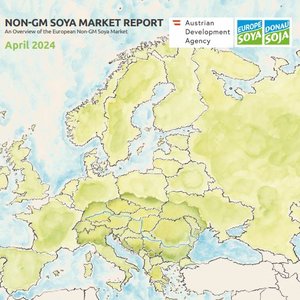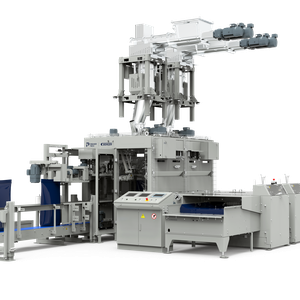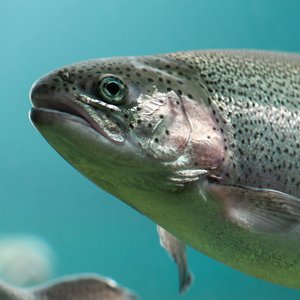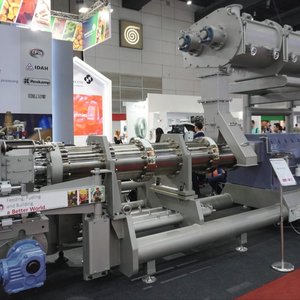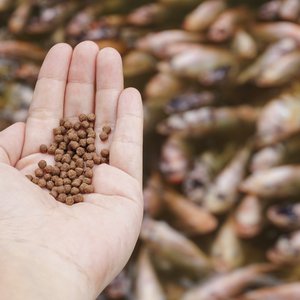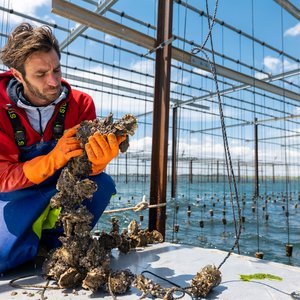Vital Information on today's polychaetes
BIOSECURITY plays a very critical role In today's shrimp and fish brood stock breeding program. Having a secure environment where the brood stock is bred is no longer enough to ensure complete BIOSECURITY! Anyone in the aquaculture business would have heard of "White Spot" disease. Some, but not all, know that this disease can be transmitted through worms, the primary food supplement for the maturation period of shrimp and fish brood stocks.
Supply of polychaete worms today come from two different sources - breeding in farms or harvesting from the wild.
Most farms breed worms using aeration process which is very much affected by changes in environmental condition. Recent extreme warm weather has affected a number of such farms leading to death and premature harvesting of the polychaetes. Quality, in terms of lipid content and stability, naturally has to be sacrificed.
Worms harvested from the wild is known to be potential vectors of shrimp diseases.
Polychaetes cultured and grown in an intensive, controlled environment ensures constant supply of larvae. Environmental changes have no effect on such culture system too. Seabait marine polychaete worms are cultured using this patent protected breeding system!
In addtion, Seabait polychaetes are produced from individually selected brood stocks of known parentage; a selection process which ensures quality of offspring is consistent. The larvae are raised to market size in equally well controlled conditions, many in state of the art indoor production beds, feeding on food that is guaranteed to be free of any terrestrial animal and crustacean material.
Seabait polychaetes, once harvested, are blast frozen on site to ensure exceptional standards of freshness and quality. Routine testing for all the notifiable shrimp diseases – WSV, (White Spot Virus Syndrome), TSV (Taura Syndrome virus), YHV (yellow head virus) and IHHNV (infectious hypodermal and (HNV) (hematopoietic necrosis virus), using the latest PCR based detection methodologies are conducted on samples of blast frozen worms. The worms are certified as having Specific Pathogen Free (SPF) status with respect to these pathogens.
ZAGRO is proud to supply you the finest and most secure source of shrimp and bloodstock feed, Seabait SPF marine polychaete worms. ZAGRO is the exclusive distributor for Seabait globally.
For more information on ZAGRO, please visit www.zagro.com and www.aquasquare.com



